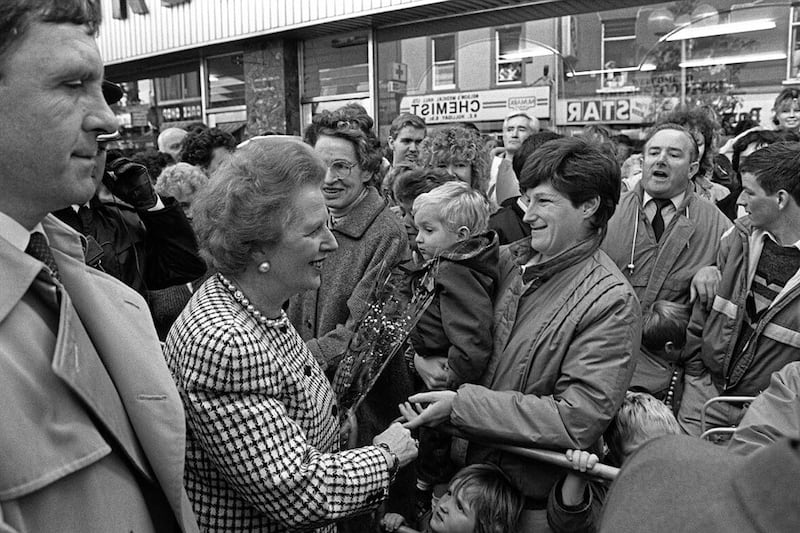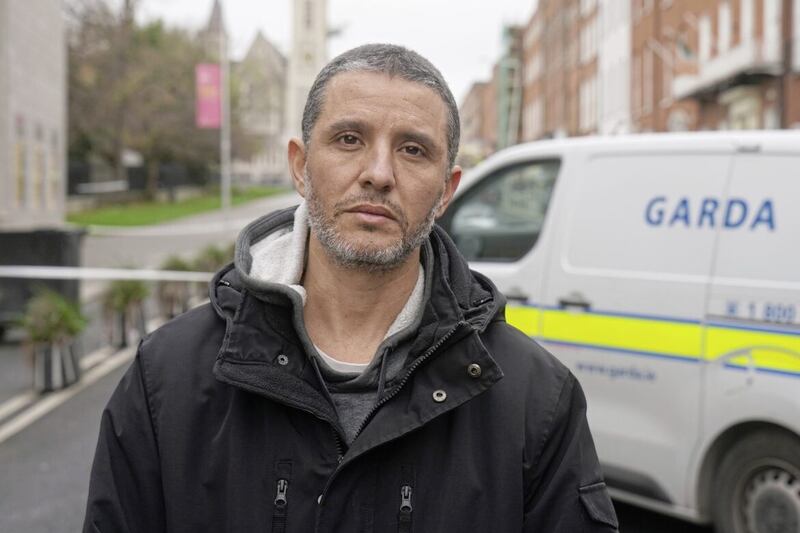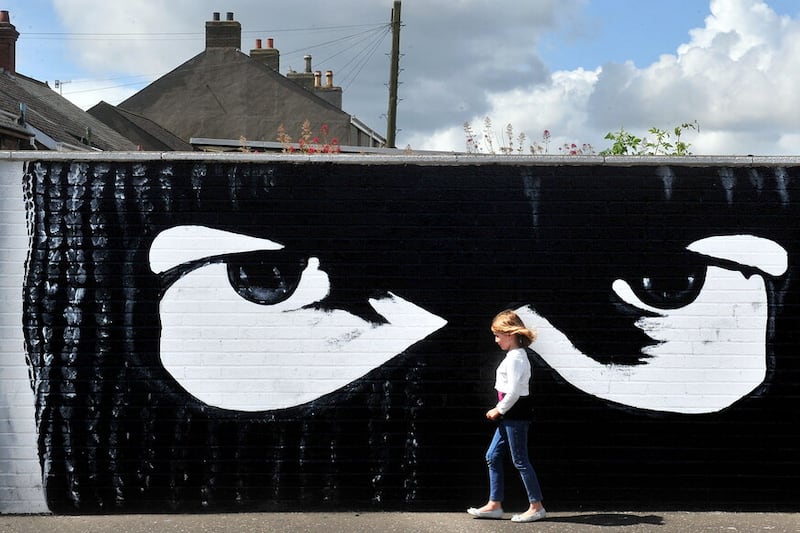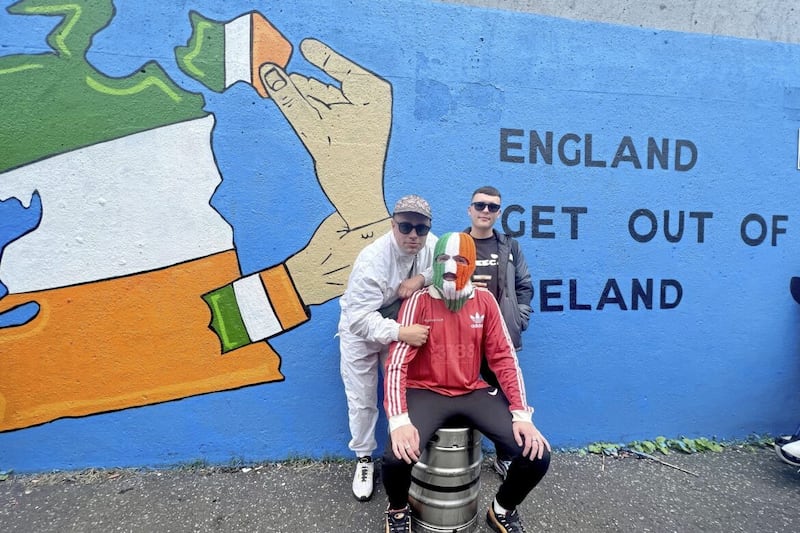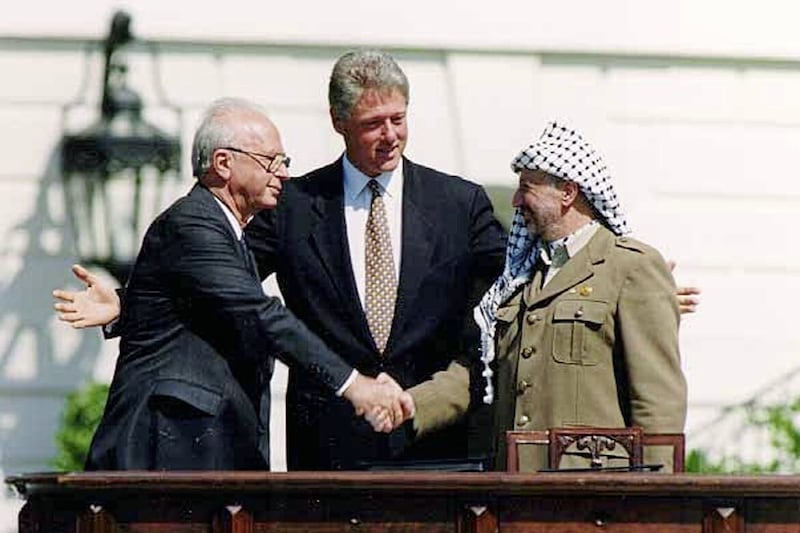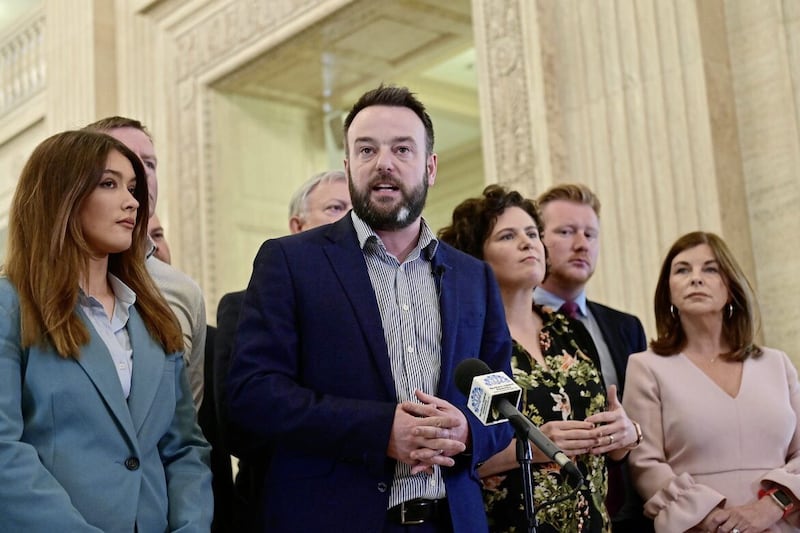There is a famous World War I painting by John Singer Sargent called Gassed.
The painting depicts medical orderlies leading two groups of ordinary soldiers in a line from the trenches. Each soldier has one arm out-stretched to the person in front. They are all blindfolded. All around them are bodies lying on the ground; some dead, others waiting to be assisted.
It’s a sobering painting. The First World War was horrific for many reasons - not least because of the first large-scale use of chemical weapons.
Michael Glover, the art critic, described Gassed as “that jumble of broken and helpless men.. all human flotsam and jetsam, done down by the nastiness of war. Soldiers felled, bludgeoned to the ground, by some hellishly new fangled and treacherous poison that they are helpless to resist”.
Soldiers were terrified about gas attacks. They were also woefully under prepared for them. Wilfred Owen in Dulce Et Decorum Est, described it this way: “ In all my dreams, before my helpless sight, He plunges at me, guttering, choking, drowning”.
As I delve further into my own family history, I have become fascinated by the theatre of the Great War. Most nationalists, my own included, had wiped from family memory the sacrifice of our forebearers in World War I. The tide of Anglo-Irish history meant that many simply didn’t talk about THAT war. It seemed to be contrary to our sense of Irishness.
Certainly, it must have been that way for PNR. 123212 - Michael Kelly of the Royal Engineers - my great grandfather. While his son’s War of Independence medal was framed and on display, Michael’s medals lay loose in a drawer of an old Singer Sewing machine. As a child I used to take them out and play with them, awarding them to the bravest cowboy in our group. I had no sense of what they were about or the man who won them. Indeed, Michael had Boer War medals too which because of their green, white and gold ribbons I thought were Irish.
Last year, I explored things a little further and discovered that Michael had been a professional soldier, first in a militia and then in a regiment which fought in the Boer War.
This was despite coming from a family that had been heavily involved in Michael Davitt’s Land League. That involvement cost them a tenancy. Michael, also married a woman whose obituary described her as coming from a family who distinguished themselves with their Parnellite sympathies. There is little doubt in my mind that Michael’s involvement with the British army was nothing more than economic. A theme that resonates through that excellent bi-lingual movie Black 47.
When Michael Kelly re-enlisted for the Great War he was already 42 years of age. To put that in context, life expectancy for a male in Ireland in 1916 was just 53 years of age. By 1914, Michael’s earning capacity would have been well reduced. There’s no doubt he was influenced by the call of John Redmond. However, like many others, with a wife who worked in domestic service as a housekeeper and with a young son already farmed out to his sister-in-law, there was much attraction in a weekly wage of eight shillings and five pence.
It's probably hard for anyone to imagine risking their life for what amounts to approximately £25 per week. But that was the real world for a lot working class families in Ireland. Freeing ‘little Catholic Belgium’ would not have resonated quite as much as the money.
As a soldier, Michael saw front line action across Flanders because as a pioneer he was often ahead of other infantry digging out fortifications and tunnelling. His war record shows that he was gassed not once but three times - all requiring hospitalisation. He, like the soldiers in Singer Sargent’s painting, was temporarily blinded. It’s inconceivable to know how that feels, your eyes like a burning furnace. Unimaginable to ponder as you were guided from the battle field whether you would see again. Perhaps even more startling was the information on his war record that after a few months respite he was returned to active service on all three occasions.
Michael is only one story of the Great War. It’s a story he never spoke about. His medals rusted with his death. But his bravery and that of others need to be remembered, if only to remind us of the horror of war.




